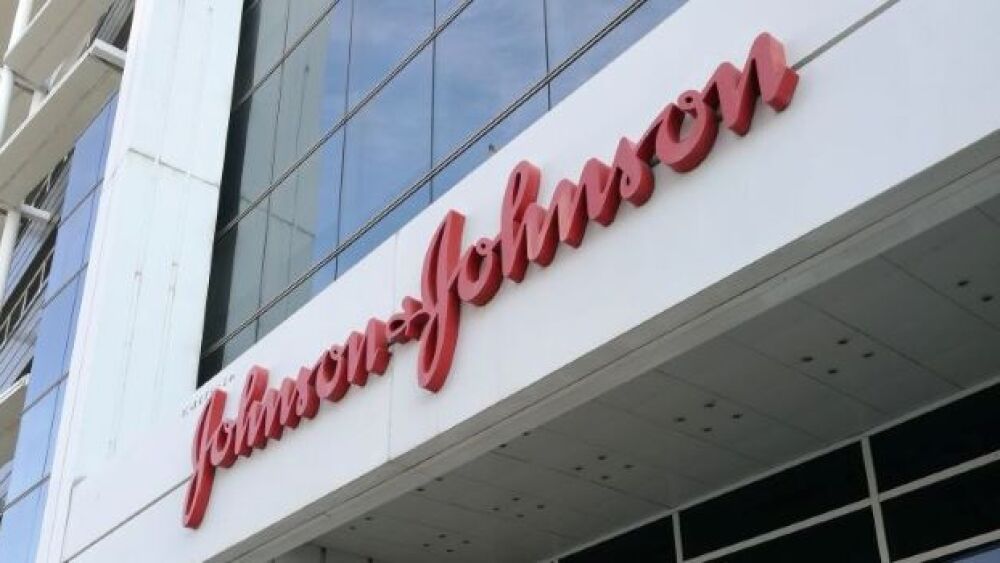The date set by the FDA’s independent advisors for debating that decision is Friday, February 26.
Cristina Arias/Cover/Getty Images
The U.S. Food and Drug Administration (FDA) said Johnson & Johnson’s one-dose shot is approximately 66% effective at preventing moderate-to-severe coronavirus disease 2019 (COVID-19), according to an analysis of a Phase III placebo-controlled 40,000-person trial.
Findings from this analysis set the stage for a final decision on whether to recommend the vaccine for emergency use. The date set by the FDA’s independent advisors for debating that decision is Friday, February 26. The agency expects to make its final authorization decision within days of the meeting.
On February 4, J&J submitted an application to the FDA requesting emergency use authorization (EUA) for its investigational, single-dose COVID-19 vaccine candidate.
“Today’s submission for Emergency Use Authorization of our investigational single-shot COVID-19 vaccine is a pivotal step toward reducing the burden of disease for people globally and putting an end to the pandemic,” said J&J’s Vice Chairman of the Executive Committee and Chief Scientific Officer Paul Stoffels, M.D. “Upon authorization of our investigational COVID-19 vaccine for emergency use, we are ready to begin shipping. With our submission to the FDA and our ongoing reviews with other health authorities around the world, we are working with great urgency to make our investigational vaccine available to the public as quickly as possible.”
According to the FDA, the single-dose vaccine from J&J could expedite widescale vaccinations, as current authorized vaccines from Moderna and Pfizer-BioNTech in the U.S. require two shots given a few weeks apart. The J&J vaccine also doesn’t require special refrigeration for either shipment or storage, which may improve the overall logistics of getting the shot into the arms of the public.
In the Phase III ENSEMBLE trial, J&J investigated its single-dose COVID-19 vaccine in approximately 44,000 people across the U.S., Latin America and South Africa. The rates of efficacy against moderate-to-severe COVID-19 varied across regions, including 72% for the U.S., 66% in Latin America and 57% in South Africa. In spite of the lower efficacy rates compared with two-dose vaccine competitors, the rates across the studied countries suggest the vaccine is highly effective against the most serious COVID-19 symptoms.
Early results from the study found that there were no hospitalizations or deaths at 28 days following inoculation.
“What you care about is hospitalizations and deaths,” said Dr. Ashish Jha, dean of the Brown University School of Health, in a recent interview with All Things Considered. “J&J appears to be just as good as Moderna and Pfizer at preventing those.”
J&J was set to provide the world with the first single-dose COVID-19 vaccine until Mexico announced earlier this month it would authorize a one-dose vaccine from CanSino.
If the agency decides to give the OK to J&J’s vaccine for use in the U.S., it’s likely that vaccine supplies in the country won’t be boosted right away. To date, the company has only a few million doses of the vaccine ready for shipping in the first week of authorization, but J&J recently told Congress that it expects to have up to 20 million doses available by the end of March and 100 million doses by this summer.
In addition to the U.S., regulators in Europe and the World Health Organization are also considering the vaccine from J&J. If authorized for worldwide use, J&J says it could produce up to one billion doses by the end of this year.





